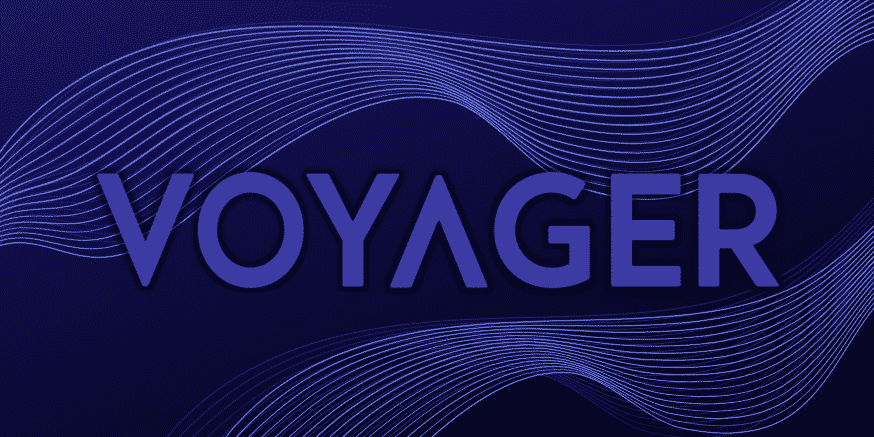TLDR
- Stephen Ehrlich has agreed to pay $750,000 to settle fraud charges brought by the CFTC.
- The funds will go directly to Voyager customers through the bankruptcy process.
- Ehrlich is banned from commodity trading activities for three years.
- Voyager collapsed in 2022 after lending over $650 million to a risky hedge fund.
- Customers have recovered about 35 percent of their deposits so far.
Stephen Ehrlich has agreed to pay $750,000 to compensate Voyager customers defrauded before the company’s 2022 bankruptcy. The settlement resolves fraud charges filed by the Commodity Futures Trading Commission (CFTC) in October 2023. The funds will directly support Voyager’s ongoing customer repayments through its bankruptcy proceedings.
Voyager CEO Lied as Platform Collapsed
Ehrlich misrepresented Voyager as a secure platform for digital assets, promising returns of up to 12% on deposits. The company transferred over $650 million to a hedge fund that later defaulted, worsening Voyager’s liquidity. Although finances deteriorated, Ehrlich kept stating that customer funds remained safe.
The CFTC revealed Voyager failed to conduct proper due diligence on risky third-party borrowers like the hedge fund in question. In June 2022, the fund defaulted, causing an immediate financial crisis at Voyager. By July 2022, Voyager filed for bankruptcy, owing customers over $1.7 billion.
Ehrlich’s public reassurances continued as Voyager collapsed, leading to mounting regulatory scrutiny. The platform had marketed its services as insured and trustworthy, attracting thousands of retail investors. That marketing misled customers who believed their digital holdings were protected.
CFTC and FTC Penalize Voyager CEO
The CFTC consent order bans Ehrlich from commodity trading for three years and prohibits further violations of U.S. trading laws. He may not trade on registered exchanges or manage accounts linked to commodities. Additionally, he cannot work for any CFTC-registered firm during the ban.
In June, Ehrlich also settled with the Federal Trade Commission (FTC) for $2.8 million over false deposit insurance claims. The FTC accused him of saying Voyager funds were FDIC-insured, even though most customer deposits were not. This claim misled users who thought their money was protected like in a bank.
Voyager’s bankruptcy process has returned 35% of customer deposits so far, with future recoveries still uncertain. A failed $1 billion acquisition by Binance.US slowed recovery efforts. However, litigation against FTX could still increase the recovery percentage for affected Voyager users.
“This resolution once again highlights the CFTC’s important role in the digital asset space,” said Charles Marvine of the agency. Regulators continue pursuing similar enforcement actions following multiple crypto lending platform failures in 2022. Voyager remains a key example in that broader crackdown.







